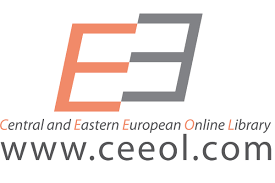Тhe role of social transfers in reducing poverty in Croatia
Keywords:
social transfer, poverty, CroatiaAbstract
Scientific and political discussions in the world often confront the efficiency of welfare programs conducted primarily through social transfers as the welfare system is considered to contain a seed of corruption, which is the primary disincentive to work. Croatia has quite high social expenditures but they are not effective enough in reducing inequality and poverty. The current social protection system in Croatia is a combination of old and new programs that are continuously being reformed in order to respond to changing social needs and to provide more efficient social transfers or services. The Government is trying to formulate these measures pursuant to the principle of social justice, i.e. equal allocation of the burden of crisis and fiscal consolidation among all categories of society. In that sense, the government promised not to reduce the existing social rights. Following the introductory remarks, the paper gives a theoretical framework of social transfers. Poverty indicators and total social costs in Croatia are explained in Section 2, while Section 3 is dedicated to international comparisons and analysis of social transfer efficiency in Croatia. Section 4 contains conclusion and recommendations.
Downloads
References
Downloads
Published
Issue
Section
License
The journal allows the author(s) to hold the copyright without restrictions.
The journal allows the author(s) to retain publishing rights without restrictions.










